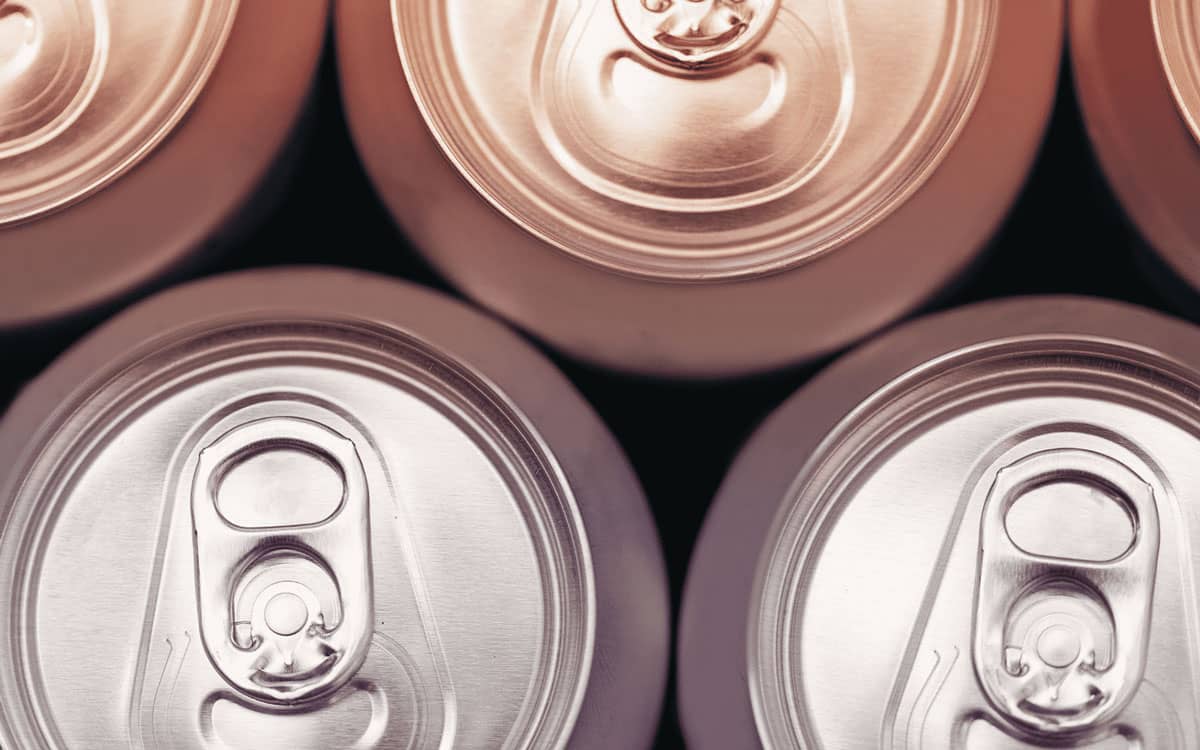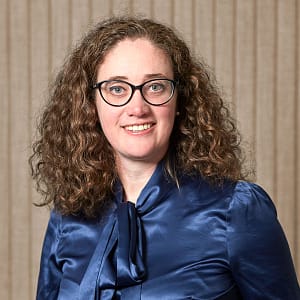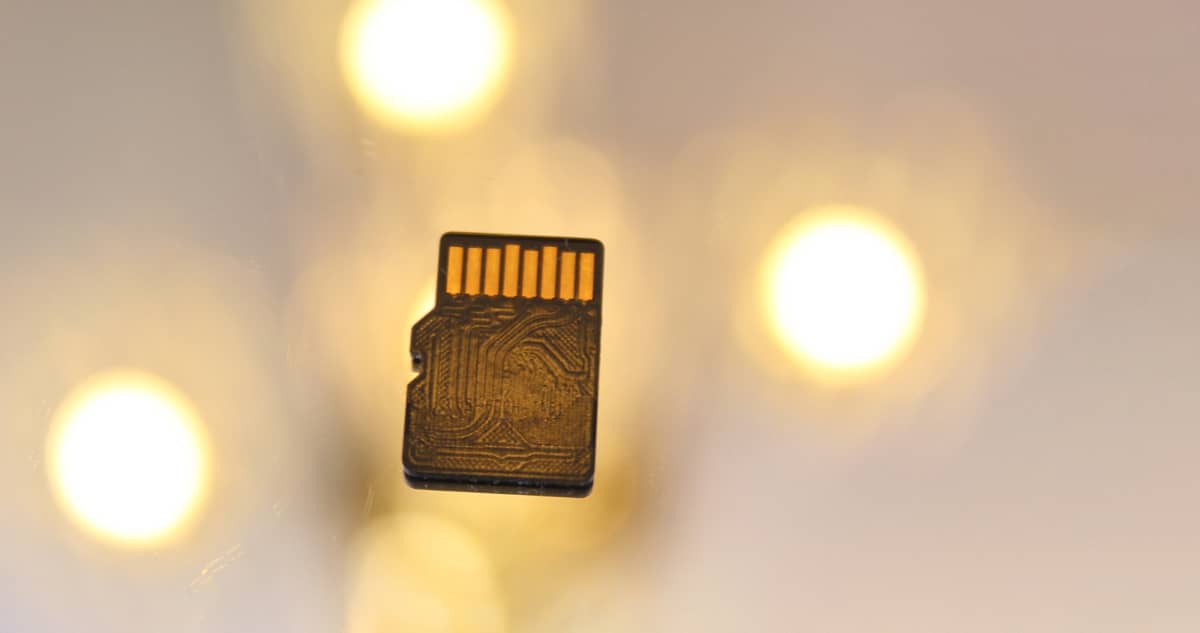Key take aways
- When trade mark applications are assessed against the register, existing marks should be read at the broadest level of their protection.
- A registration for the broadest definition of goods will block the registration of a similar mark for similar or identical goods in related classes.
- The Court confirmed that merely posting something online and making it available in Australia does not count as use of the mark.
The Full Bench of the Federal Court recently handed down its decision in Energy Beverages LLC v Cantarella Bros Pty Ltd [2023] FCAFC 44. This case was on appeal from a single judge of the Court, which was an appeal from a decision of the Registrar of Trade Marks.
Energy Beverages LLC (EB) appealed against the removal of its trade mark MOTHERLAND for non-use; and against the refusal of its opposition to the registration of Canterella Bros Pty Ltd (Canterella) trade mark application for MOTHERSKY.
Background
EB make and sell energy drinks, most notably the brand “MOTHER”. Canterella is an importer of coffee beans, which are sold in cafes and restaurants, supermarkets and wholesale. Canterella is known for its VITTORIA brand.
Canterella applied for a trade mark for MOTHERSKY, in Classes 30 (Coffee; coffee beans; Chocolate) and Class 40 (Coffee roasting; coffee grinding). This application was opposed by EB on the basis of its existing registrations for MOTHER, MOTHERLAND, and other marks in Class 32 (Non-alcoholic beverages; drinking waters, flavoured waters, mineral and aerated waters; carbonated soft drinks, energy drinks and sports drinks; fruit drinks and juices; syrups, concentrates and powders for making beverages including syrups, concentrates and powders for making mineral and aerated waters, carbonated soft drinks, energy drinks, sports drinks, fruit drinks and juices).
In response, Canterella applied for the MOTHERLAND trade mark to be removed for non-use.
Before the Registrar of Trade Marks it was found that MOTHERLAND had not been used by EB during the past 3 years and therefore should be removed. Whereas for the MOTHERSKY trade mark applied for by Canterella, coffee was not considered a “similar good” to “energy drinks” of which EB continued to hold the MOTHER trade mark in such class and therefore MOTHERSKY should proceed to registration.
The decision of the Registrar of Trade Marks was appealed but the judge at first instance at the Federal Court found in the same fashion. Accordingly, EB appealed to the Full Bench of the Federal Court.
MOTHERLAND non-use
During the Court proceedings, evidence was produced by EB of an ad campaign in 2010 and 2011 relating to the MOTHERLAND mark that had been uploaded to YouTube and Facebook prior to 2011. The Full Court found that “placing and maintaining the mark online” did not amount to use in Australia as a “badge of origin”. The Court said at [76]:
“Accepting that the commercial remained on the two sites in the non-use period, there was no evidence before the primary judge that any person, in Australia, accessed the commercial from those sites. Under existing authority, which has not been challenged in the present application, the mere uploading of trade mark content on a website outside Australia is not sufficient to constitute use of the trade mark in Australia.”
Further, the Full Court agreed with the single judge of the Federal Court in finding that the dominant mark that was used in these ads was the gothic script word MOTHER, rather than the complete MOTHERLAND word mark as registered.
The Full Court dismissed the appeal and the MOTHERLAND trade mark will now be removed from the register.
MOTHERSKY v MOTHER – similar goods
At the first instance, the primary judge of the Federal Court accepted that “coffee” was not goods “of the same description” to those covered by the MOTHER registration of “carbonated soft drinks, energy drinks and sports drinks”. In summary, the Full Court said:
“the primary judge found that, at a significant level of abstraction, these goods and, at least, “coffee”, could both be characterised as “non-alcoholic beverages”. However, his Honour reasoned that this characterisation ignored the fundamentally different taste and flavour of carbonated soft drinks, energy drinks and sports drinks, the manner in which they are presented for sale and consumed, and the differences in form, function and origin between syrups, concentrates and powders, and coffee beans, ground coffee and coffee in capsule form.”
The Full Court determined that this was in error.
In EB’s submission, and accepted by the Court, it “was put directly that the description “non-alcoholic beverages” “cover[s] most coffee and chocolate beverages, and also for energy drinks”.” On this basis, “coffee” ought to have been considered to similar goods to “non-alcoholic beverages” – if not identical goods – and therefore the trade mark application ought to have been refused registration.
His Honour at first instance should have found that “coffee” as a beverage falls within the scope of the pre-existing registration of MOTHER, blocking the application and that MOTHERSKY was deceptively similar to MOTHER when used for beverages.
Conclusion
In this case, the broadest reading of the protected goods, “non-alcoholic beverages” covers the field of beverages that do not contain alcohol and therefore includes coffee despite there being a specific and separate registration class for coffee, coffee beans and chocolate. This prevents the registration of any other marks in associated classes for drinkable liquids.
It is unclear whether this ground of appeal would have been successful, had Canterella argued that they were not selling beverages, but rather coffee and beans for making beverages. As coffee is in class 30 and non-alcoholic beverages are in class 32, it is open to argue that coffee beans are not “similar goods” to energy drink.
Finally, when it comes to using a trade mark, this case demonstrates that you must actively use it, and use the whole mark, to avoid non-use removal. Having the mark available on a third-party website does not count as use as a “badge of origin” for your goods.





